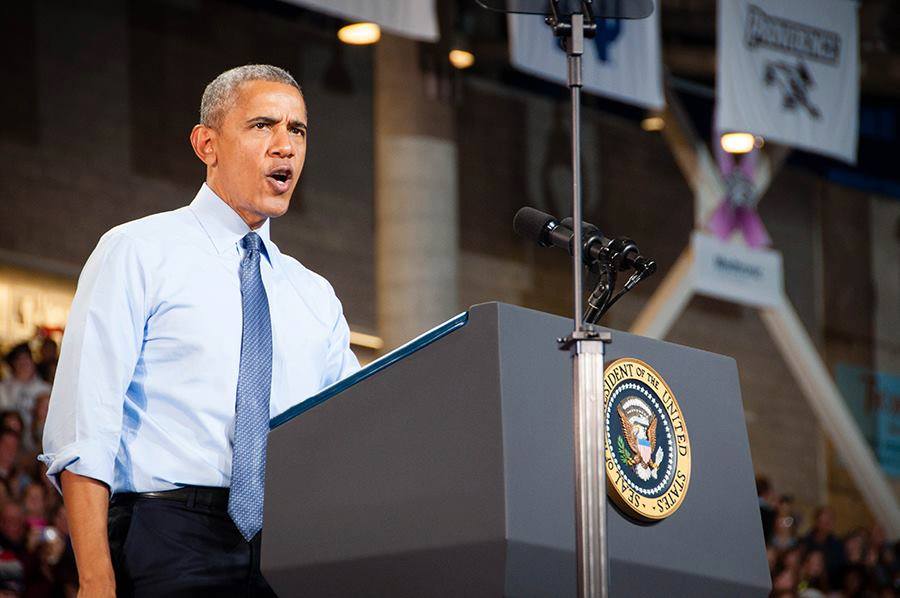by Janet Lucas, PAD Blog Editor
Campton, NH
Torrid is not a word normally used to describe northern New Hampshire but as I wrote during the Juneteenth weekend heatwave, you may refer to this missive as the product of a half-baked brain. As we edge toward drought after a cold, rainy spring, consider the pendulum swing nearly complete. We had snow on Mother’s Day and a Frost Warning on June 1st.
The Campton Forward Climate Committee is hard at work on a study to examine the impact of climate change on our community and find ways to mitigate the crisis locally. They are concerned, self-less citizens spending their time and their resources on behalf of others who may be in denial about global warming. There have always been folks who push back against innovation especially when it involves science and privilege: men who fought against women’s suffrage for example. And the elephant in the room is another: the cold, hard truth about America the Beautiful: It was founded upon the genocide of First Nations and built by slave labor. The white European beneficiaries of these horrible deeds continue to oppress People of Color, resulting in generations of ethnically-undervalued, economically and educationally-deprived citizens suffering from Post-Traumatic Stress Disorder, substance abuse and their associated public health catastrophes. YES, GENERATIONS.
Inequality was a subliminal force in my home state of Ohio, the self-described “heart of it all”. Separated by a historically perilous river crossing from Mitch McConnell’s Kentucky, Ohio is known for race riots in Cincinnati in the mid-1800s, a Copperhead Congressman during the Civil War who ended up fleeing to the Confederacy, the “escape” of Confederate General John Morgan from the Ohio Penitentiary in downtown Columbus, and during my adolescence, the 1966 summer of violence in Hough, a Cleveland neighborhood. I attended an all-white elementary school. My parents then moved into town and my junior and senior high schools were integrated. Ohio’s last census lists a Black population of 12.1% nearly the same as the average for the entire U.S.
So as a retiree immigrant to New Hampshire, in love with its winter (my favorite season), beautiful scenery and proximity to our kids and grandkids, something became obvious early on: Why is New Hampshire so white (94%) and Vermont and Maine even more so (both 95%)? During a pandemic and a heat wave many folks are marching in support of Black Lives Matter. They march in a quest for justice, equality and recognition of historic American truths. The unequal impacts of the pandemic and climate change are new American truths that mirror the journey of People of Color in colonial America.
European colonists enslaved “hostile” Native Americans especially during King Phillip’s War in the 1660s. (Fisher, Linford 2017) Around that time, the first Black person in N. H. arrived, enslaved from Africa, in Portsmouth. The triangle trade enriched many New Englanders (cotton>guns>slaves>repeat or sugar, molasses, rum>tobacco and cotton, etc.). New Hampshire legally ended slavery in 1783 but may not have completely abolished it until 1853. (Zilversmit, Arthur 1967) Prince Whipple, a slave who fought with the colonists against the British, is buried in Portsmouth North Cemetery. The “African” cemetery for Black people is now paved over under Chestnut Street between State and Court Streets in downtown Portsmouth. There was a Black community near Kearsarge-Lake Sunapee in the 1840s, long since disappeared. In 1834, abolitionists founded an integrated coeducational school, the Noyes Academy near Canaan, NH. The Canaan Town Meeting declared the school a nuisance and not long after the school building was pulled off its foundation by a team of oxen provided to the white supremacist anti-abolitionists. e students were given one month to leave town. (New England Historical Society)
Although New England can claim both intellectual and moral leaders of the abolitionist movement, many who fought for the North in the Civil War did so to save the Union. They were indifferent to the slave-based agrarian society of the South and were openly racist. Powerful New Englanders complied with fugitive slave laws as an 1851 handbill warned: “Colored People of Boston, respectively be warned to avoid conversing with the Watchmen and the Police Officers since by the recent order of the Mayor and Aldermen, they are empowered to act as kidnappers and slave catchers.” (New England Society of Antiquities)
After the Civil War, some Blacks fled North to escape failed reconstruction only to join their “free” brethren in segregated communities and ultimately, to be buried in segregated cemeteries. From 1890-to 1930, the Black Population in the US increased by 60% and between 1915 and 1930 some 7 million Blacks left the South in the Great Migration north. (U.S. Census various sources) In that same time period, census information shows many New England counties became whiter. By the time the KKK held its first daylight march in the U.S. in Milo, Maine in 1923, they spent their vitriol on Jews, Catholics and French Canadians because there were so few Blacks left. (Loewen, James 2005) Some Americans of northern European descent self-identified as racially superior and from the 1890s through the 1940s and 1950s espoused a pseudo-science known as eugenics. Faculty at the University of Vermont advocated coerced sterilization of “inferiors” including the Abenaki People, French Canadians, and poor and disabled people. (Evancie, Angela 2016). The National Socialist German Workers (NAZI) party in the 1930s was especially interested in this work to the point of inviting some of its American proponents to lecture on the topic in Germany. They learned about American attitudes toward forced sterilization and euthanasia. (Loewen, James 2005). In reaction to the Great Migration, small towns and communities all over the north, especially in the Midwest and in New England drove out their Black populations with violence, intimidation, restrictive real estate covenants and red-lining into metropolitan ghettos. In states with few or no large cities, the Black population was completely driven out.
Now New Hampshire faces a choice: welcome diversity or become a ghost state. Our population is barely maintained by the immigration of older whites like myself and my wife. This is not the way to keep innovation, creativity and prosperity alive. The advent of the climate crisis (including ever more frequent pandemics) offers a unique opportunity to attract People of Color back to our state. It is clear that the warming climate adversely impacts Blacks more than whites. “Women exposed to high temperatures or air pollution are more likely to have premature, underweight or stillborn babies”. (Flavelle, Christopher in “Climate Change Tied to Pregnancy Risks, Affecting Black Mothers Most”, June 18, 2020). What better way to ensure that Black Lives Matter than to make sure Black Moms Matter?! Let’s emphasize the work being done in N.H. to address and mitigate climate change. We may be a state full of older white people but we can make sure N. H. remains vigorous and innovative in the face of challenge by advertising, inviting, and reaching out to young People of Color. Consider New Hampshire—we’re cool-er.
REFERENCES
Fisher, Linford, associate professor of history at Brown University quoted by Gillian Kelley-Brown in Futurity online magazine in an article entitled “Colonists shipped Native Americans as Slaves” 2/16/2017
Zilversmit, Arthur. The First Emancipations: The Abolition of Slavery in the North. University of Chicago Press, 1967
Evancie, Angela. “What is the Status of the Abenaki Native Americans in Vermont Today?” for Vermont Public Radio, Novermber 4, 2016.
Loewen James W. Sun Down Towns: A Hidden Dimension of American Racism. New York: The New York Press 2005.
Flavelle, Christopher “Climate Change Tied to Pregnancy Risks, Affecting Black Mothers Most” The New York Times, June 18,2020.
Various from the U. S. Census, the New England Society of Antiquities and the New England Historical Society.












